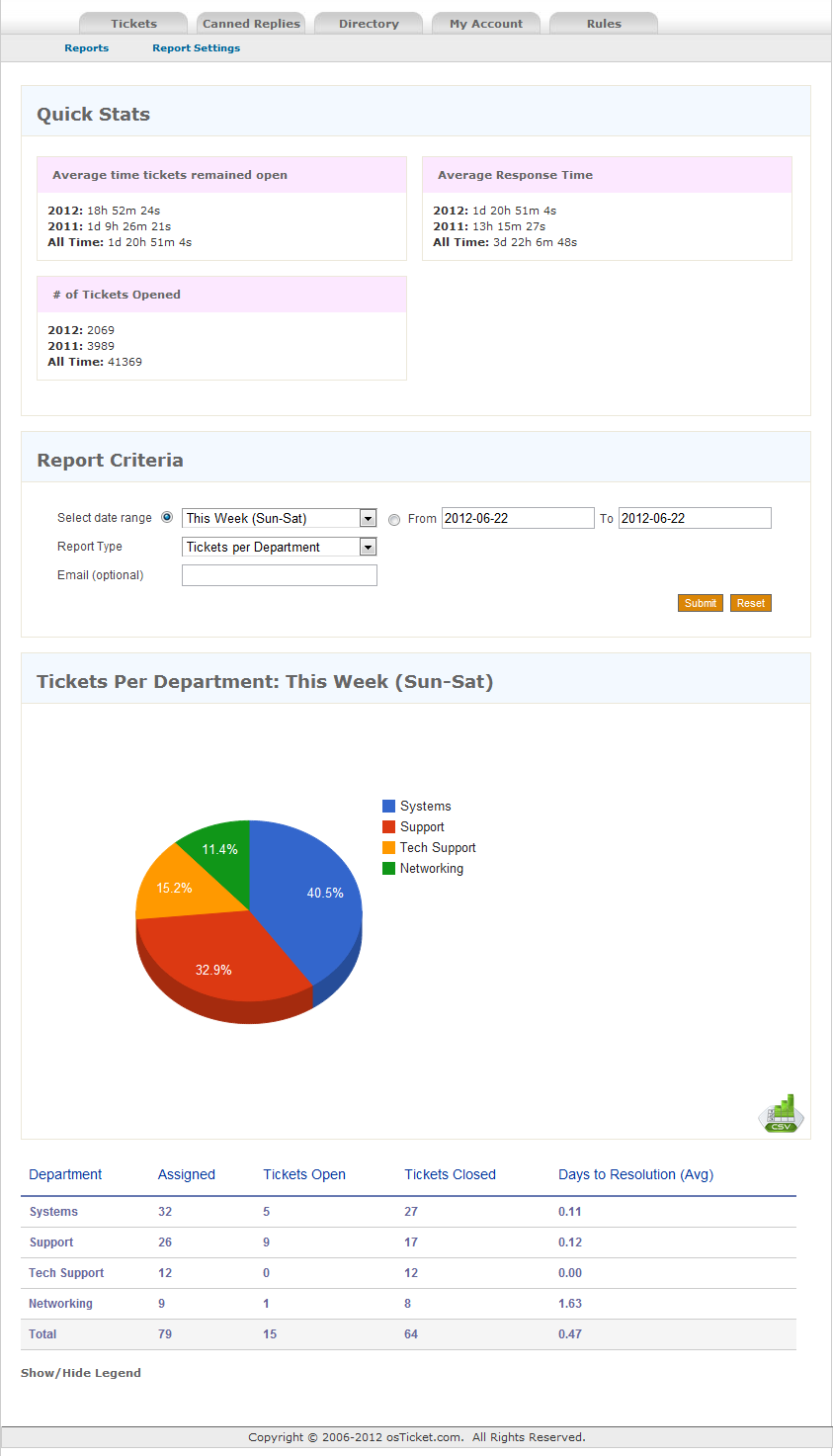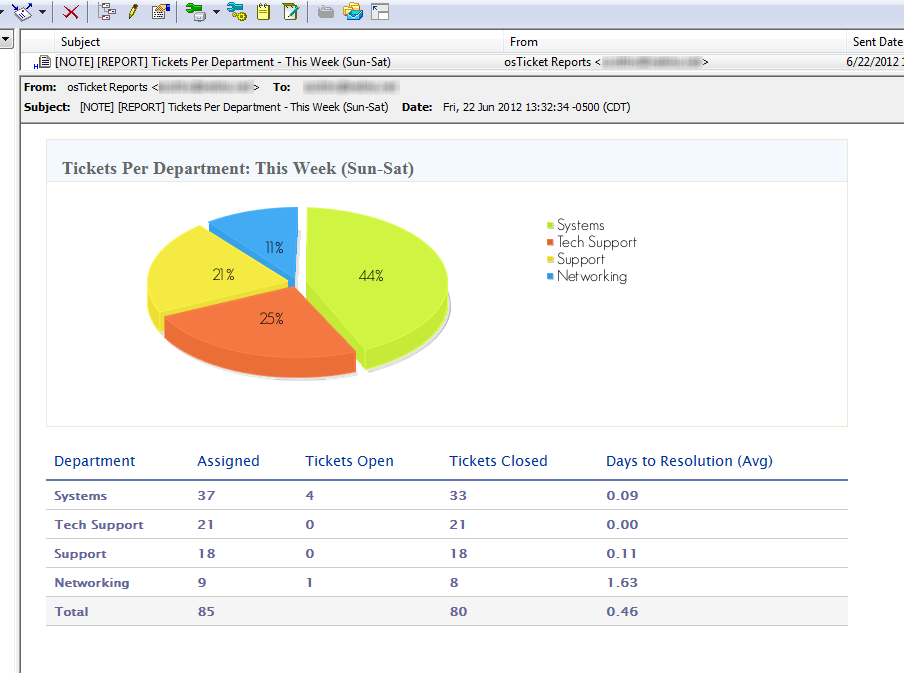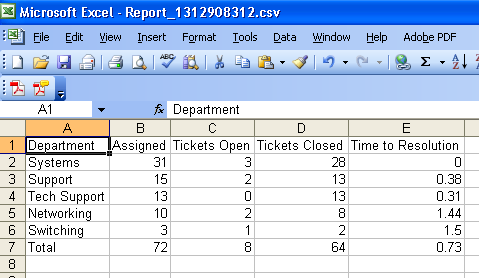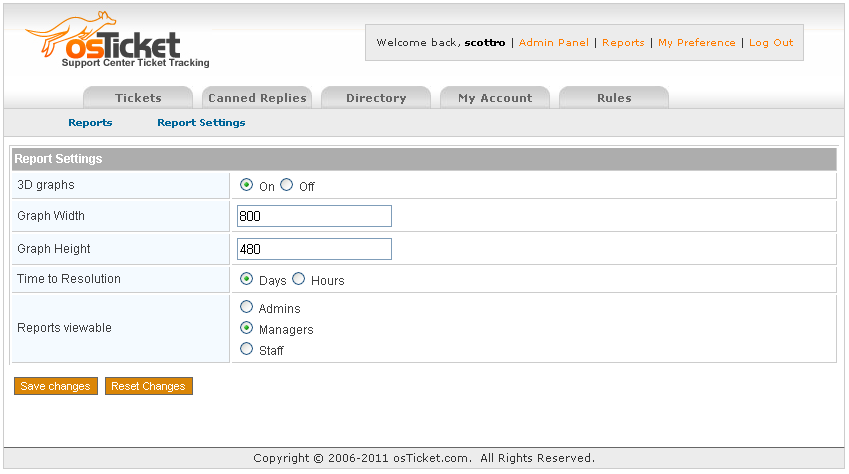Here’s a quick little tip I’ve been using recently with the new year having rolled around. I’ve started replacing all of my © 2011 code with the following. This will always return the date of the current year. That way you don’t have to remember to update it all over the place every time we “celebrate” a new year.
<?php echo date('Y'); ?>
So now I don’t ever have to update this post and the current year should always be reflected here: 2020





